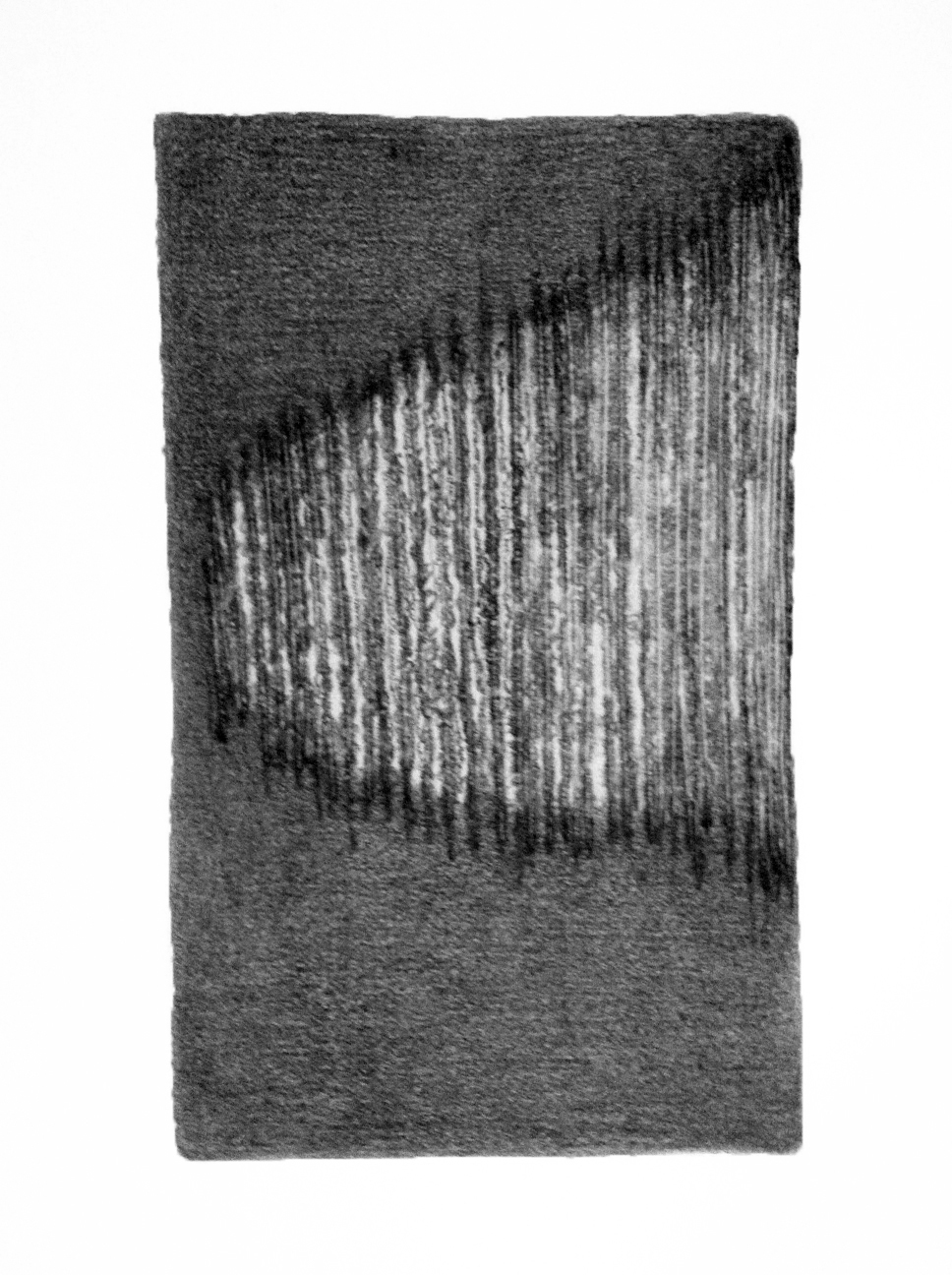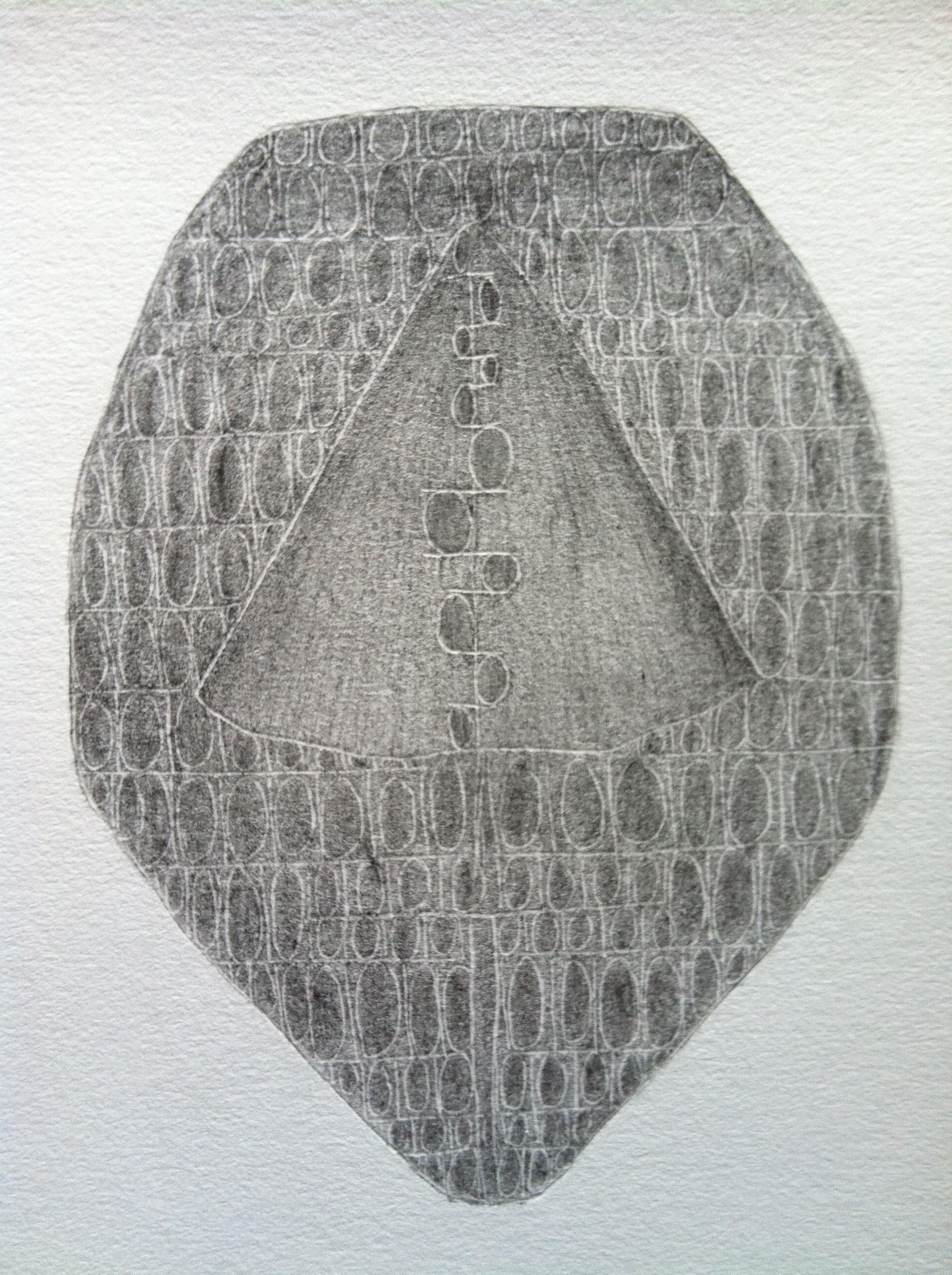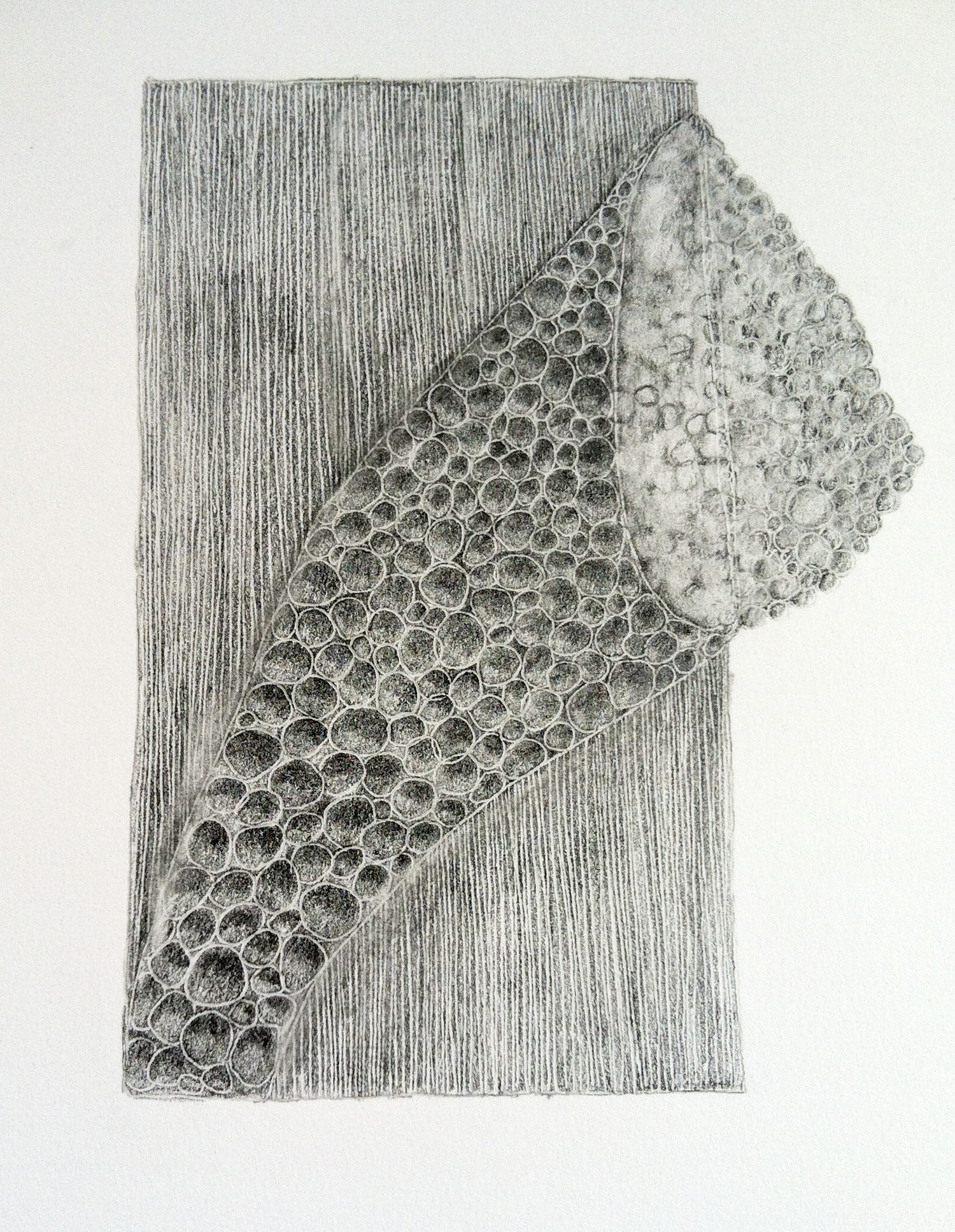The ideal subject of a totalitarian state is not the convinced Nazi or Communist, but people for whom the distinction between fact and fiction (that is the standards of thought) no longer exist.
Arendt, The Origins of Totalitarianism
There is a new horror show on HBO called “Years and Years”. Set in the U.K. in a near term future, it appears that a Trump like figure (played by Emma Thompson) is on the political horizon. Below is a rough transcription of an exchange between a young married couple. In recent years Daniel (a public housing manager) and Ralph have grown apart. Daniel works long hours finding shelter for refugees. Ralph, a school teacher, has taken refuge in the Internet.
Ralph: (The link I sent you),,,proves that germs don’t exist..the whole germ thing was faked by big pharma…there’s no such thing.
Daniel: Thats bollocks! You’ll be joining the Flat Earth Society next.
Ralph: Now THAT stuff is fascinating!
Daniel: You’re kidding!
Ralph: Have you read it?
Daniel: No…and I never will!
Ralph: Well that’s ignorance..isn’t it? How is that going to help anyone by not reading?
Daniel: For god’s sake….you are not saying the Earth is flat are you? You teach children for godssake? We have been in an airplane…we have seen the horizon curve!
Ralph: I am not saying it is flat. It is an option….I’m not saying I am absolutely right so you can’t say I am absolutely wrong.
Poor Daniel is gobsmacked. His partner can no longer think. Ralph is at sea in an eternal present of information that is all of the same value. Unsuprisingly, Ralph is intrigued by the Trump-like leader. Daniel is repelled by her.
As Hannah Arendt also noted, Adolf Eichmann was the banal monster who lost to the ability to think. I have only watched the first episode. I may not be able to watch any more. Too close to home. I’ll take Freddie Kruger any day.




